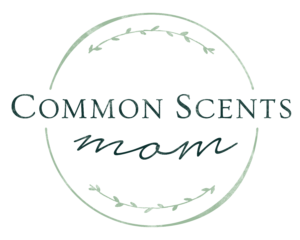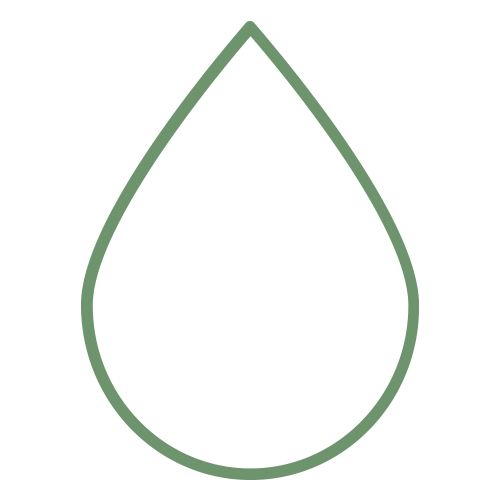Q: What are essential oils?
A: Essential oils are liquid, volatile, organic compounds that come from the flowers, shrubs, trees, roots, and bushes that God gave us at Creation. These are aromatic oils which have been carefully extracted through steam distillation or cold expression; and, are highly concentrated. The fact that they are volatile means that they pass off readily into a vapor – that’s what makes them aromatic. Read more HERE.
Q: How do you use them?
A: There are many different aromatherapy models for using essential oils. The one that Young Living and our family personally adhere to is the French model. This includes inhalation, topical use, and oral consumption.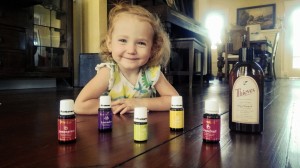
- Inhalation – Inhale straight from the bottle, rub a drop between your hands and breathe in deeply, mix with water and spray into the air, or better yet, use a cold air diffuser (a good one comes with your starter kit).
- Topical – Apply essential oils directly to your skin. Certain (spicy) oils should be diluted with a fatty oil (olive oil, coconut oil etc.). Also, dilution is recommended when using essential oils on children.
- Internal Use – Young Living Therapeutic Grade essential oils that are labeled as “supplements” are considered GRAS and can be used internally. Certain oils can be placed in an empty gel capsule, dropped directly on the tongue, or added to honey or your favorite beverage. Many people find them great for cooking! Read HERE why it’s important to only use Young Living oils in this way.
Q: Are they safe?
A: While essential oils are safe to use, and a natural part of any plant, they should always be handled with care. They are a concentrated and potent form of the plant’s beneficial properties. You should think of them like any other remedy you might keep in your house. Make sure to store bottles out of the reach of curious children and pets.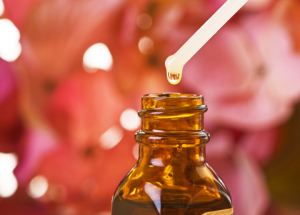
Q: Where should I store my oils?
A: Essential oils should be kept out of direct sunlight as UV rays can damage the chemistry of the oils. This is true for fatty oils in your house too, such as olive oil for cooking. Young Living oils are packaged in amber bottles to help protect them, but be mindful of where you set them in your house. Storing them next to a window, in your car, or on top of the microwave is not recommended, as they will lose some of their potency if they are exposed to extreme temperatures.
Q: Do essential oils expire?
A: With the exception of citrus oils, Young Living’s essential oils do not have expiration dates. They will evaporate over time if the lid is not properly secured, but they will not spoil. However, if you dilute your essential oil with a fatty oil to apply it, any leftover mixture could go rancid over a period of time. It is recommended that you only mix what you need at the time of application.
Q: Why spend more for Young Living oils when I can buy them cheaper somewhere else?
A: Do you realize that if I put ten drops of lavender in a bottle of sweet almond oil most people would smell it and think it was a “pure” bottle of essential oils? They wouldn’t know the difference. That’s what often happens. People believe they’re getting a “great deal” on their $7.00 bottle of lavender; when, in fact, some have discovered that they just spent $7.00 for ten drops of an inferior essential oil.
In addition, it is very likely that even those ten drops have no real value, and may even be adulterated with synthetics! In this case, they are getting ripped off!
Do some research. You will find that most essential oil companies are just brokers. They’re buying their oils from various sources around the world in barrels, and they’re bottling it themselves. Most oils are perfume grade and are cut with other chemicals. It is scary when you consider that people may try to use those oils on their children the same way I’m using my Young Living oils. I have to stress the purity issue out of a concern for your safety!
Most essential oils on the market are not “therapeutic grade,” and most are not 100% pure, regardless of how they are labeled. The problem is that these terms are not regulated by anyone. So, all I can do is tell you what WE mean when we use the term “therapeutic grade,” and then invite you to compare that definition to other companies. See Young Living’s Seed to Seal process HERE.
In fact, as far as I know, Young Living (YL) is the only company that owns their own farms and distilleries; so that right there disqualifies most other companies.
Red Flags
Here are just a few red flags to check for on a bottle of essential oils. If you see these terms, beware. Do y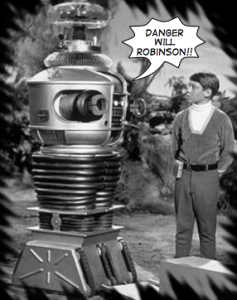 our research:
our research:
- DO NOT INGEST – If a bottle of food-based oils (cinnamon, peppermint, oregano etc.) is labeled this way, in my opinion, that is a red flag. YL oils labeled as “supplements” are GRAS (generally regarded as safe) for internal consumption by the the FDA. (Recently, the FDA required Young Living to choose only one method of application per label, so, because of that, you may find some exceptions to this.)
- DO NOT APPLY TO SKIN UNDILUTED – Certain “spicy” oils should be diluted, but many YL oils can be applied neat (undiluted). If a mild oil like lavender or frankincense has this type of warning I would beware.
- $$$ – Quality essential oils cost money to grow and distill. If a bottle of lavender costs you $5.00, I would bet it is either cut with a carrier oil (which means you’re getting ripped off) or it contains synthetic fragrances or chemicals.
- EXPIRATION DATE – Properly stored essential oils (excluding citrus) do not go bad. If an essential oil has an expiration date, it could mean it is cut with a carrier oil (which will eventually go rancid).
Check out Young Living’s 5 step Seed to Seal™ process: Seed – Cultivate – Distill – Test – Seal.
What Does “Therapeutic Grade” mean and is the term regulated by any outside organization?
How can I get a starter kit and will that qualify me for wholesale prices?
How much do I need to purchase per year to maintain my wholesale status? Answer: Only 50 pv (approximately $50.00)!
What do I do if I get essential oils in my eye or if the oils irritate my skin?
